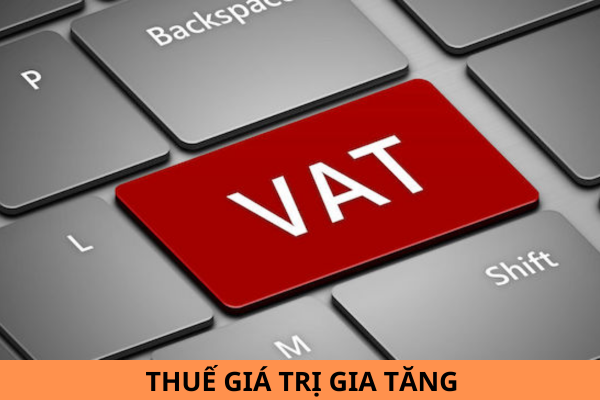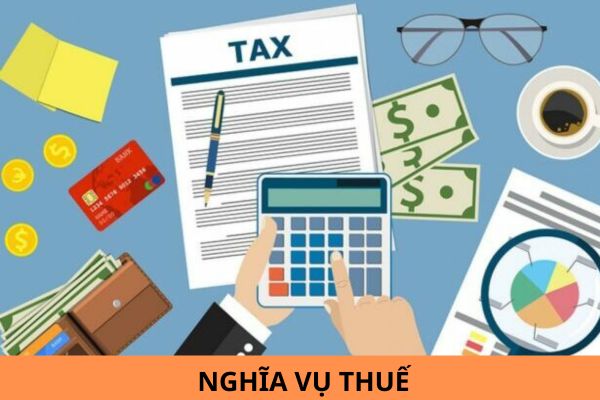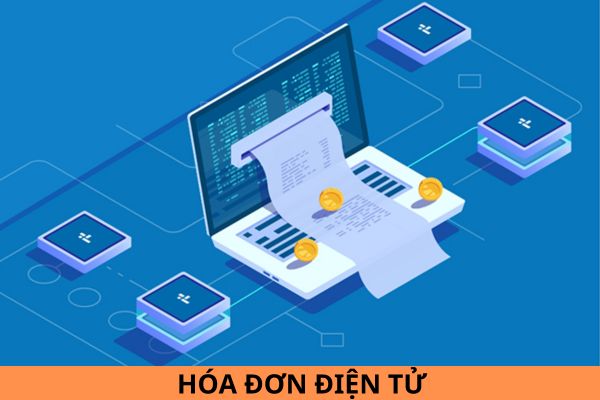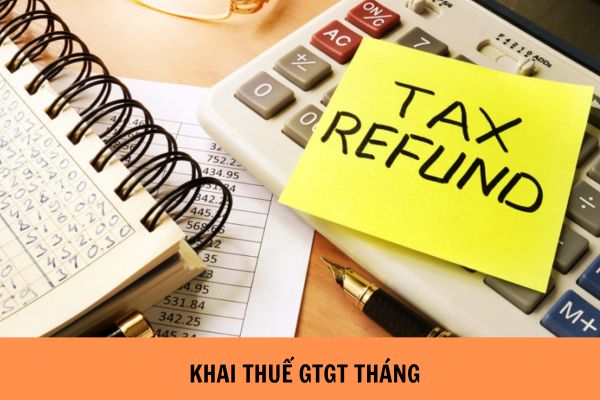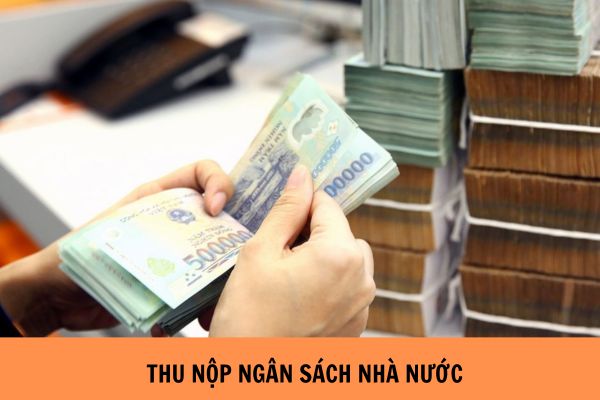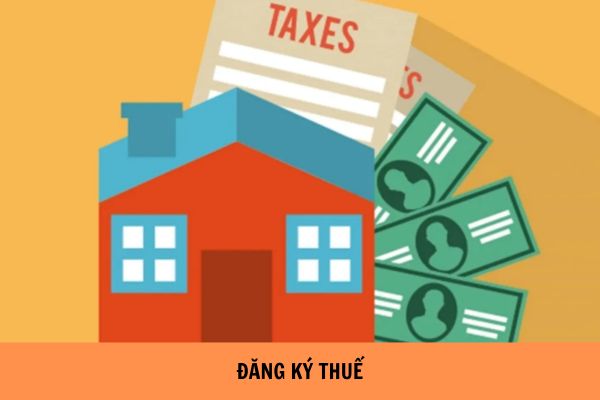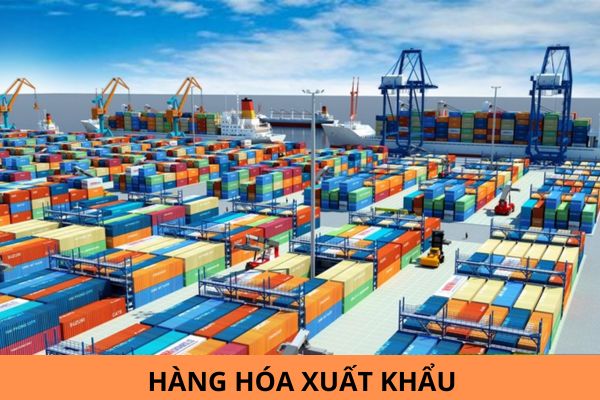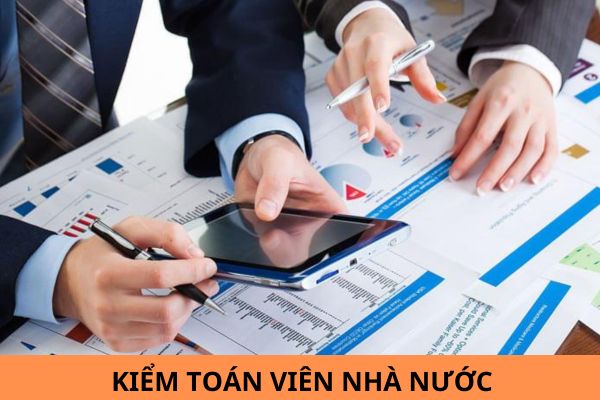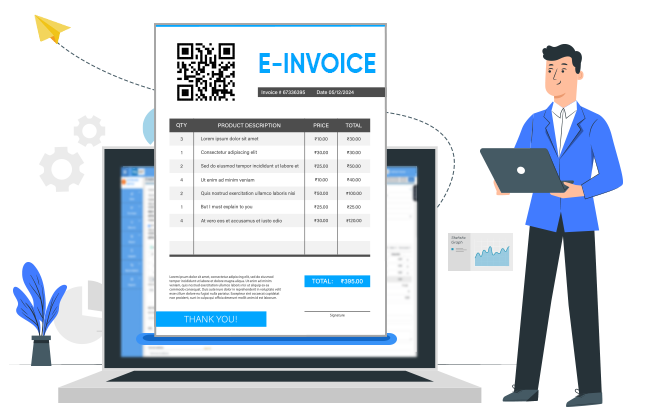Which entities are not required to use e-invoices in Vietnam? What are regulations on form number of an e-invoice in Vietnam?
Which entities are not required to use e-invoices in Vietnam? What are regulations on form number of an e-invoice in Vietnam?
Which entities are not required to use e-invoices in Vietnam?
Pursuant to Clauses 1 and 2, Article 12 of the Circular 78/2021/TT-BTC (issued on 17/9/2021) stipulating cases not required to use e-invoices:
Transition
1. Enterprises and business entities that have informed the issue of externally-printed invoices or internally-printed invoices, unauthenticated e-invoices or have applied for use of authenticated e-invoices, or have purchased invoices from tax authorities before the effective date of this Circular are allowed to continue using these invoices from the date of promulgation of this Circular to June 30, 2022 inclusively, and following invoice-related procedures as provided for in the Decree No. 51/2010/ND-CP dated May 14, 2010 and the Decree No. 04/2014/ND-CP dated January 17, 2014.
From the date of promulgation of this Circular to June 30, 2022 inclusively, at the request of the General Department of Taxation, the business establishments in areas that meet infrastructure requirements for use of e-invoices according to the Ministry of Finance’s Decision shall use e-invoices in accordance with regulations of this Circular according to the roadmap notified by tax authorities. The business establishments that do not meet IT infrastructure requirements and continue using invoices in the abovementioned forms shall send invoice data to tax authorities using Form No. 03/DL-HDDT in Appendix IA enclosed with Decree No. 123/2020/ND-CP when they submit VAT returns. Tax authorities shall include received invoice data from these business establishments into invoice database and publish them on the website of the General Department of Taxation to serve invoice data searching.
2. Business establishments that are established within the period from the date of promulgation of this Circular to June 30, 2022 inclusively shall follow guidelines given by tax authorities to use e-invoices in accordance with the provisions of Decree No. 123/2020/ND-CP, Decree No. 119/2018/ND-CP dated September 12, 2018, Circular No. 68/2019/TT-BTC and this Circular. If they fail to meet IT infrastructure requirements and continue to use invoices in accordance with Decree No. 51/2010/ND-CP dated May 14, 2010 and Decree No. 04/2014/ND-CP dated January 17, 2014, they shall comply with the provisions in Clause 1 of this Article.
As regulated above, entities not required to use e-invoices in Vietnam must satisfy 02 following requirements:
- The business establishments are established within the period from September 17, 2021 to June 30, 2022
- The business establishments fail to meet IT infrastructure requirements for using e-invoices
Which entities are not required to use e-invoices in Vietnam? What are regulations on form number of an e-invoice in Vietnam? - image from the internet
What are regulations on form number of an e-invoice in Vietnam?
Pursuant to Clause 1.a, Article 4 of the Circular 78/2021/TT-BTC:
Form number, reference number and names of copies of an invoice
1. E-invoices
a) Form number of an e-invoice is a digit from 1 to 6 depending on the type of e-invoice:
- 1: Electronic VAT invoice;
- 2: Electronic sales invoice;
- 3: E-invoice for sale of public property;
- 4: E-invoice for sale of national reserve goods;
- 5: Other types of e-invoice, including electronic stamp, ticket, card, receipt or other electronic documents that have other names but have the same contents as an e-invoice as prescribed in the Decree No. 123/2020/ND-CP;
- 6: Electronic records which are used and managed in the same manner as invoices, including electronic delivery and internal consignment notes, and electronic delivery notes for goods sent to sales agents.
...
As regulations above, form number of an e-invoice is a digit from 1 to 6 depending on the type of e-invoice:
- 1: Electronic VAT invoice;
- 2: Electronic sales invoice;
- 3: E-invoice for sale of public property;
- 4: E-invoice for sale of national reserve goods;
- 5: Other types of e-invoice, including electronic stamp, ticket, card, receipt or other electronic documents that have other names but have the same contents as an e-invoice as prescribed in the Decree No. 123/2020/ND-CP;
- 6: Electronic records which are used and managed in the same manner as invoices, including electronic delivery and internal consignment notes, and electronic delivery notes for goods sent to sales agents.
What are cases of use of authenticated e-invoices without paying service charges in Vietnam?
Pursuant to Clause 1 Article 14 of the Decree 123/2020/ND-CP stipulating provision of e-invoice services:
Provision of e-invoice services
1. The following entities are not required to pay service charges for a period of 12 months from the date of commencement of the use of authenticated e-invoices:
a) Small- and medium-sized enterprises, cooperatives, household and individual businesses that operate in disadvantaged areas or extremely disadvantaged areas. Disadvantaged areas or extremely disadvantaged areas are defined in the List of areas eligible for investment incentives enclosed with the Government’s Decree No. 118/2015/ND-CP dated November 12, 2015 and its amending or superseding documents (if any).
b) Other small- and medium-sized enterprises which are defined according to the requests of the provincial People’s Committees submitted to the Ministry of Finance, except enterprises operating in economic zones, industrial parks or hi-tech zones.
The General Department of Taxation shall directly provide or entrust e-invoice service providers to provide free of charge authenticated e-invoices for the abovementioned entities.
...
As regulated above, following cases are allowed to use authenticated e-invoices without paying service charges in Vietnam:
- Small- and medium-sized enterprises, cooperatives, household and individual businesses that operate in disadvantaged areas or extremely disadvantaged areas.
- Other small- and medium-sized enterprises which are defined according to the requests of the provincial People’s Committees submitted to the Ministry of Finance, except enterprises operating in economic zones, industrial parks or hi-tech zones.
The General Department of Taxation shall directly provide or entrust e-invoice service providers to provide free of charge authenticated e-invoices for the abovementioned entities.
Note: The use of authenticated e-invoices without paying service charges in Vietnam shall apply for a period of 12 months from the date of commencement of the use of authenticated e-invoices.
Best regards!
